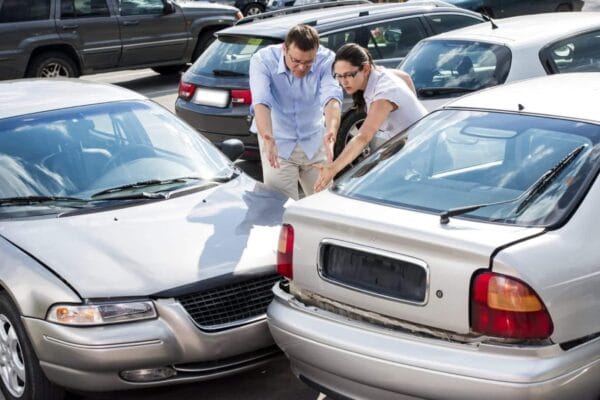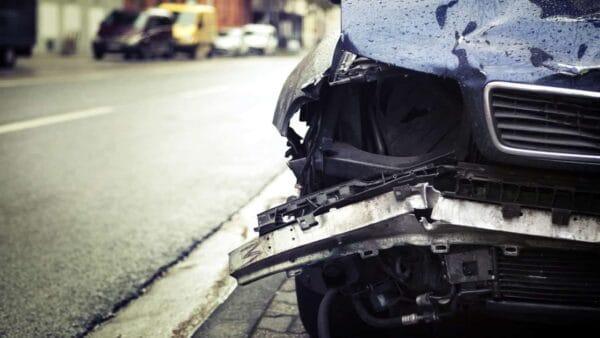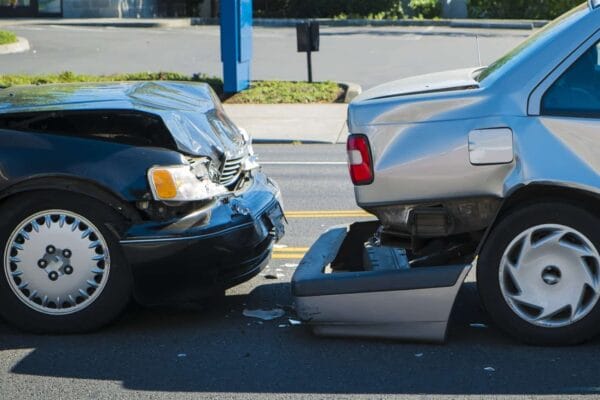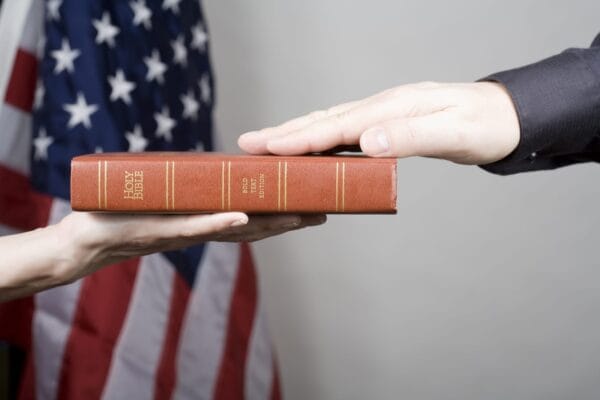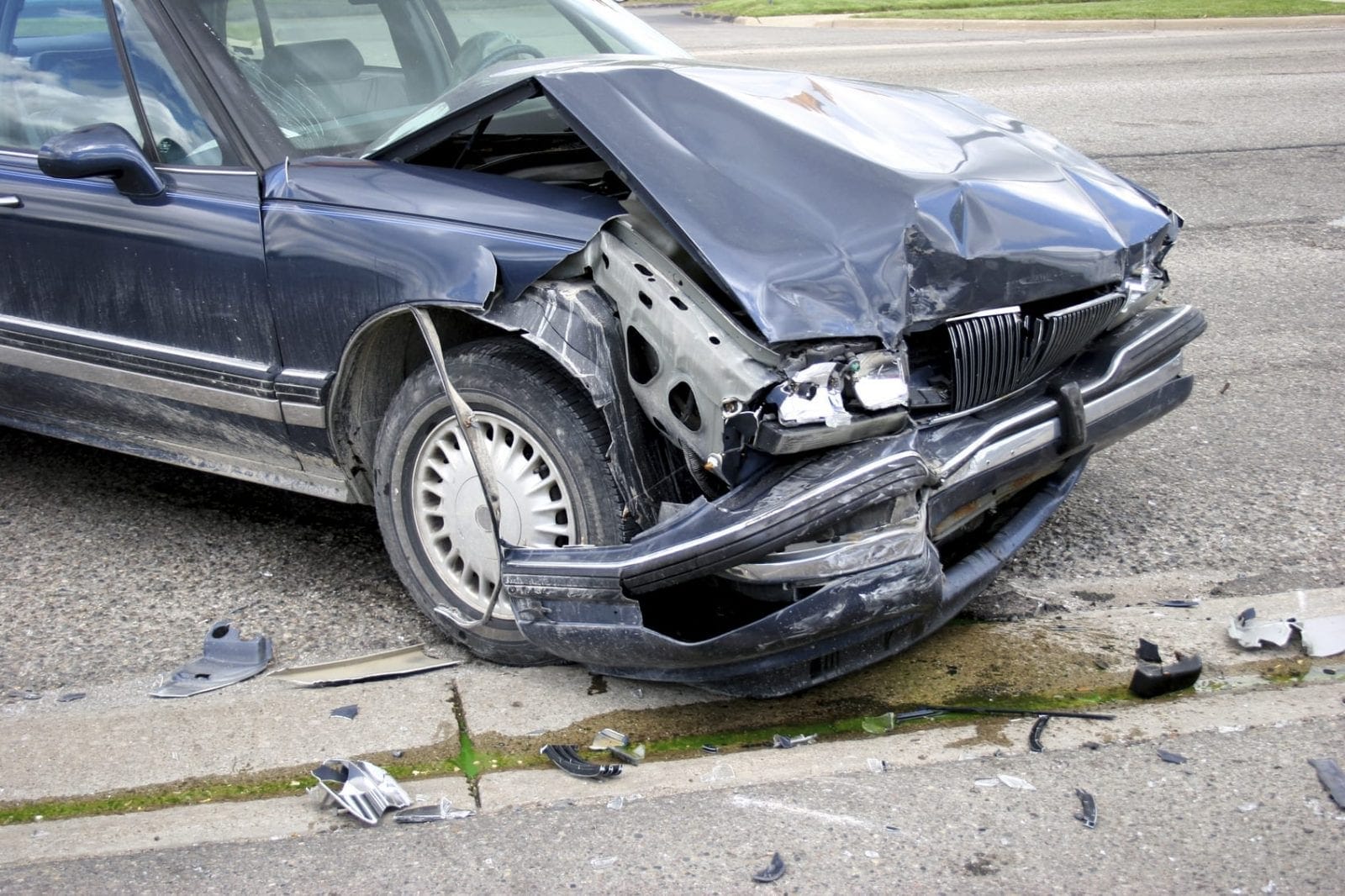
The Short Answer…
If your car is totaled in an accident, your insurance company will usually pay you the vehicle’s fair market value (known as the “actual cash value” or ACV) before the crash, minus your deductible. If you still owe money on the loan, the payment first goes to your lender, and any remaining balance comes to you. Once the insurance company takes possession of the car, you can use the payout to buy a replacement.
Key Takeaways
- Definition of Total Loss Car: A car is considered a total loss when the repair costs exceed its pre-accident value.
- Insurance Valuation: Insurers use the car’s ACV to decide how much you’ll receive in a total loss settlement.
- Financed Vehicles: If you still owe on a loan, your lender gets paid first before you receive any remaining money.
- Next Steps: You can negotiate the settlement, buy a replacement vehicle, or in some cases, keep the totaled car.
- Legal Support: A lawyer can help maximize your potential settlement and ensure the insurance company values your car fairly.
What Does It Mean to Total a Car?
A car is considered “totaled” or a total loss when the insurance company decides it’s not worth fixing. This happens when the cost of repairs is the same as, or higher than, the car’s actual cash value (ACV) — the fair market value of the car before the accident.
In Texas, this is called the total loss threshold. If repairs come close to or exceed the car’s value, the insurer will declare it a total loss and issue a total loss settlement instead of paying for repairs.
Once a car is totaled:
- The insurance company usually takes ownership and sells it for salvage or parts.
- You may have the option to keep the car, but it will be issued a salvage title, which lowers its resale value, may limit insurance coverage, and can raise safety concerns.
How to Determine If a Car Is Totaled
Insurance companies don’t just look at how badly the car appears damaged to determine if it is a total loss. They make their decision based on:
- Repair costs vs. market value: If fixing the car costs as much or more than the car is worth, it will be declared a total loss.
- Texas law: Unlike some states that use a fixed percentage, Texas applies a 100% threshold using the total loss formula. Under this rule, a car is a total loss if:
Cost of Repairs + Salvage Value ≥ Actual Cash Value
This means the combined repair costs and salvage value must meet or exceed 100% of the vehicle’s ACV. Even if the repairs are slightly less than the ACV, the car can still be totaled once salvage value is factored in. - Other factors: Age, mileage, condition, and local market values also play a role in the insurance valuation for a totaled car.
Who determines if a car is totaled? The insurance company’s adjuster makes the official decision after inspecting the damage and calculating the values.
How Is Actual Cash Value (ACV) Calculated?
Your car’s actual cash value is its fair market value right before the accident — basically, what a buyer would have paid for it that day. Insurance companies usually calculate ACV by looking at:
- Make, model, and year of the vehicle.
- Mileage and overall condition at the time of the crash.
- Comparable sales of similar vehicles in your area.
- Optional equipment or upgrades (navigation systems, custom wheels, safety features).
- Depreciation due to age or prior accidents.
Because insurers often use their own valuation systems, the ACV they give you may feel lower than what you think your car is worth. That’s why it’s important to keep maintenance records, receipts, and even listings of similar cars for sale nearby that can be used to negotiate a better payout.
How Much Damage Totals a Car?
There isn’t a single dollar figure that makes a car a total loss. It always depends on your car’s ACV at the time of the accident.
For example: If your car’s ACV is $12,000, the estimated repairs cost $9,000, and the salvage value is $3,500, then:
$9,000 (repairs) + $3,500 (salvage) = $12,500
Because that number is higher than the ACV, the insurer will declare the vehicle a total loss.
- Newer vehicles with higher values can usually withstand more repair costs before being totaled.
- Older vehicles with lower values may be declared totaled even after what seems like minor damage.
In Texas, even if a car looks repairable, it may still be classified as a total loss once the repair costs plus salvage value exceed its ACV.
What Happens If Your Car Is Totaled After an Accident?
When your car is totaled in an accident, the process that follows can feel confusing. Insurance companies have a specific series of steps they follow to decide the outcome of your total loss claim and determine how much you may receive. Here’s what to expect:
- Damage Assessment: An insurance adjuster inspects your car and prepares an estimate of the repair costs. They may also review photos, police reports, and repair shop input. This step determines whether your car might be declared a total loss.
- Valuation of the Vehicle: If the adjuster believes your car may be a total loss, the insurer calculates its actual cash value (the fair market value right before the accident). This figure takes into account the car’s make, model, age, mileage, condition, and local market values.
- Settlement Offer: Once the ACV is calculated, the insurer makes a total loss settlement offer. They subtract your deductible and present you with the amount they are willing to pay. If you disagree with this number, you have the right to dispute the valuation by showing evidence of higher value (e.g., maintenance records, recent upgrades, or comparable car listings).
- Lienholder or Loan Payment: If you have a car loan or lease, the insurance company pays the lender or leasing company first. If the insurance payout is less than what you owe, you remain responsible for the balance unless you carry GAP insurance, which covers the difference.
- Ownership Transfer: Once declared a total loss, you typically sign the title over to the insurance company. The insurer then takes possession of the vehicle and usually sells it at auction or for salvage. In some cases, you may choose to keep a totaled car, but it will receive a salvage title, which can make it harder to insure or resell.
- Your Payout: If the settlement exceeds the amount you owe on the vehicle, you receive the remaining balance. This money can then be used toward purchasing a replacement vehicle. Some policies may also include coverage for rental cars or new car replacement, depending on your insurance plan.
What to Do If Your Car Is Totaled in Texas
If you’re wondering, “My car is totaled, now what?”, here are the steps to take after a total loss accident in Texas:
- File a Total Loss Claim: Notify your insurance company as soon as possible and start the claims process. Provide details of the accident, photos, and any police reports to support your claim.
- Review the Insurance Valuation Carefully: The insurer will assign an ACV to your car. This is what they believe your car was worth before the accident. Look over this number closely, as insurance companies sometimes undervalue vehicles.
- Negotiate If Needed: If you believe the value of your totaled car is too low, you have the right to dispute it. Gather maintenance records, receipts for upgrades, and comparable listings of similar cars in your area. Having this evidence can help you negotiate a better settlement.
- Address Loan or Lease Payments: If your car was financed or leased, the insurance company will pay your lender first. If the settlement doesn’t cover the full loan balance, you’re still responsible for the remaining amount, unless you have GAP insurance to cover the difference.
- Decide What to Do With the Vehicle: Most of the time, the insurer will take ownership of the car and sell it for salvage. You may be able to keep the vehicle, but it will receive a salvage title, which lowers its resale value and may limit insurance options.
- Plan Your Replacement Vehicle: Once the settlement is finalized, you can use the payout toward a new car. Be sure to budget for taxes, registration fees, and any financing needs.
Handling a totaled car accident can be overwhelming, especially if the insurance company undervalues your car or disputes arise about payments. An experienced attorney, like the team at Braker White, can step in to protect your rights, challenge unfair valuations, and help you secure the maximum settlement available under the law.
How Can Braker White Help After a Total Loss Accident?
Insurance companies don’t always offer fair payouts after a totaled car accident, and many people in West Texas are left with settlement offers that don’t truly reflect the value of their vehicles. That’s where Braker White steps in.
Our car accident lawyers in Odessa and Midland can help you:
- Challenge unfair insurance valuations to help you receive the true value of your totaled car.
- Navigate the total loss settlement process from start to finish, ensuring no important steps are overlooked.
- Protect your rights if another driver caused the crash, including pursuing additional compensation for injuries or damages.
- Negotiate with lenders if your car was financed or leased, making sure you understand your obligations and options.
- Maximize your recovery, whether through negotiation or, if necessary, litigation.
At Braker White, we make it simple: your case review is free, and you don’t pay anything unless we win for you. That means no upfront costs and no financial risk — just dedicated legal support when you need it most.
Total Loss Claim FAQs
You will typically receive the fair market value of your car right before the accident, minus your deductible. Factors like mileage, age, condition, and local market demand all influence the payout.
It depends on your policy. Collision coverage pays if you cause the crash, comprehensive coverage pays for non-collision damage (like theft or storms), and uninsured motorist coverage can apply if the other driver doesn’t have insurance. Liability-only insurance won’t pay for your own totaled vehicle.
Yes. If you still owe money on a loan or lease, you’re responsible for paying the balance if the insurance settlement doesn’t cover it. GAP insurance can help by covering the difference between what you owe and what the insurer pays.
If your car is financed, the insurance check goes to the lender first. If the settlement doesn’t cover your full loan, you must pay the remaining balance.
If the vehicle is financed or leased, the lienholder gets paid first. If the loan is paid off, the settlement check goes directly to you.
Most insurance companies issue a payment within 2 weeks after the total loss settlement is finalized, but disputes or delays in paperwork can extend the timeline.
The insurance company usually takes ownership and sells it for salvage or auction. You can also choose to keep it with a salvage title.
Yes, but you’ll need to buy it back from the insurer at its salvage value. It will then carry a salvage or rebuilt title, which may make it harder to insure or resell.
No. Airbag deployment alone does not mean a car is totaled. The decision still depends on the cost of repairs versus the ACV.
Even if your car looks repairable or drivable, it may still be declared a total loss if repairs exceed its value under Texas’s Total Loss Formula. In that case, you must decide whether to accept the settlement or keep the car with a salvage title.
If you were at fault, your collision coverage pays for your car. If another driver caused the accident, their liability coverage should cover your damages. If they’re uninsured, your uninsured motorist coverage may apply.
If another driver caused the crash, their insurance is generally responsible for paying the value of your totaled car. You may also be entitled to compensation for injuries, lost wages, and other damages.
Yes. If you choose to keep the car after a total loss claim, you can repair it, but it will have a salvage or rebuilt title. This often makes the car harder to insure and reduces its resale value.
Yes, especially if the insurance company is undervaluing your car, delaying payment, or denying coverage. A lawyer can help negotiate a fair settlement and, if the accident wasn’t your fault, pursue additional compensation for your injuries. At Braker White, we offer free case reviews and you only pay if we win.
Don’t Settle for Less After a Total Loss
Dealing with a totaled car after an accident is stressful, especially when insurance companies try to undervalue your vehicle or rush you into accepting a low settlement. The good news is, you don’t have to face this process alone. The trusted team at Braker White fights to help make sure you get the true value of your totaled car and any additional compensation you may be entitled to after an accident.
Whether you’re in Midland, Odessa, or anywhere in West Texas, our attorneys are here to guide you through the legal process, explain your options, and protect your financial future.
Reach out today to schedule your free consultation and let us help you get back on the road with confidence.




